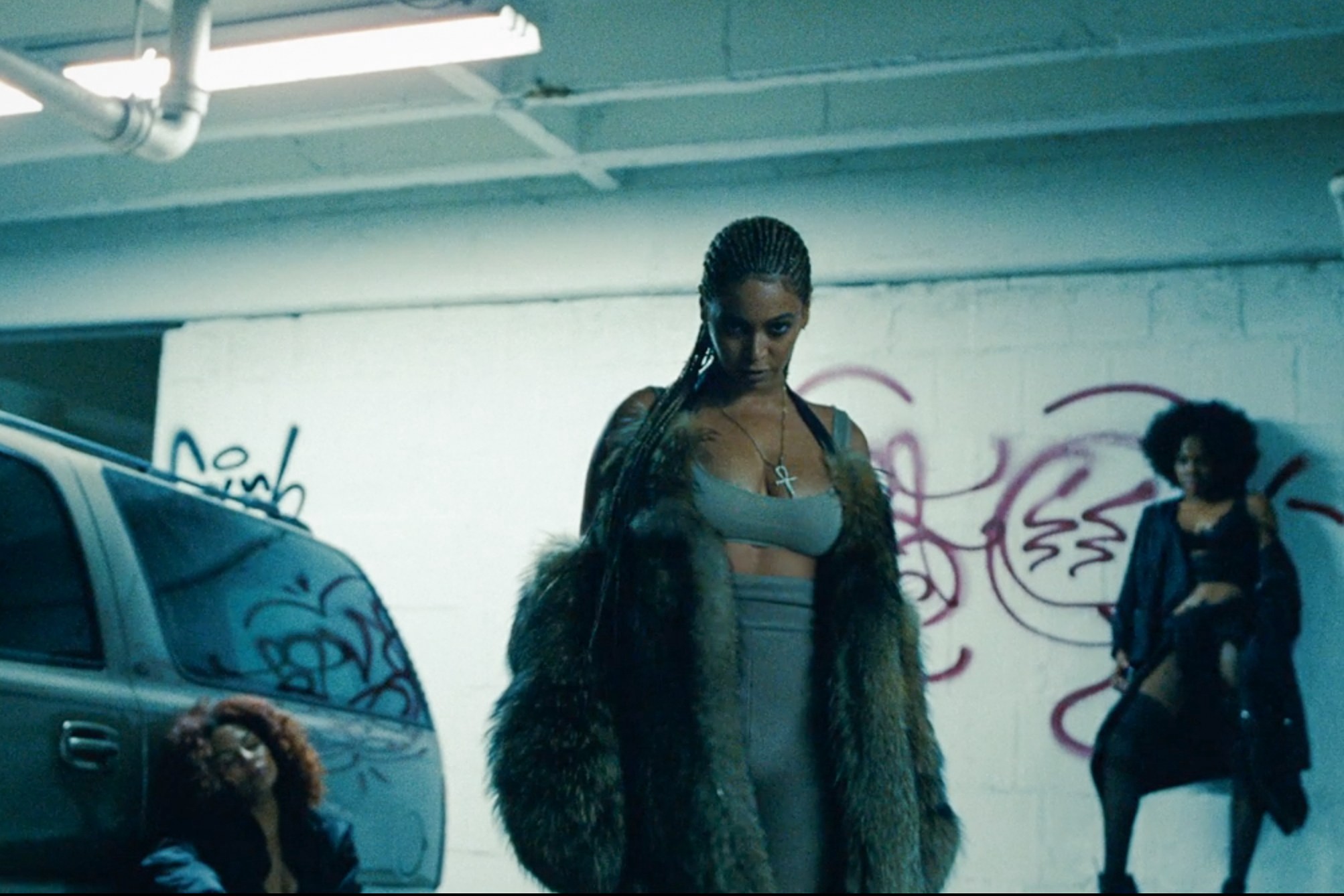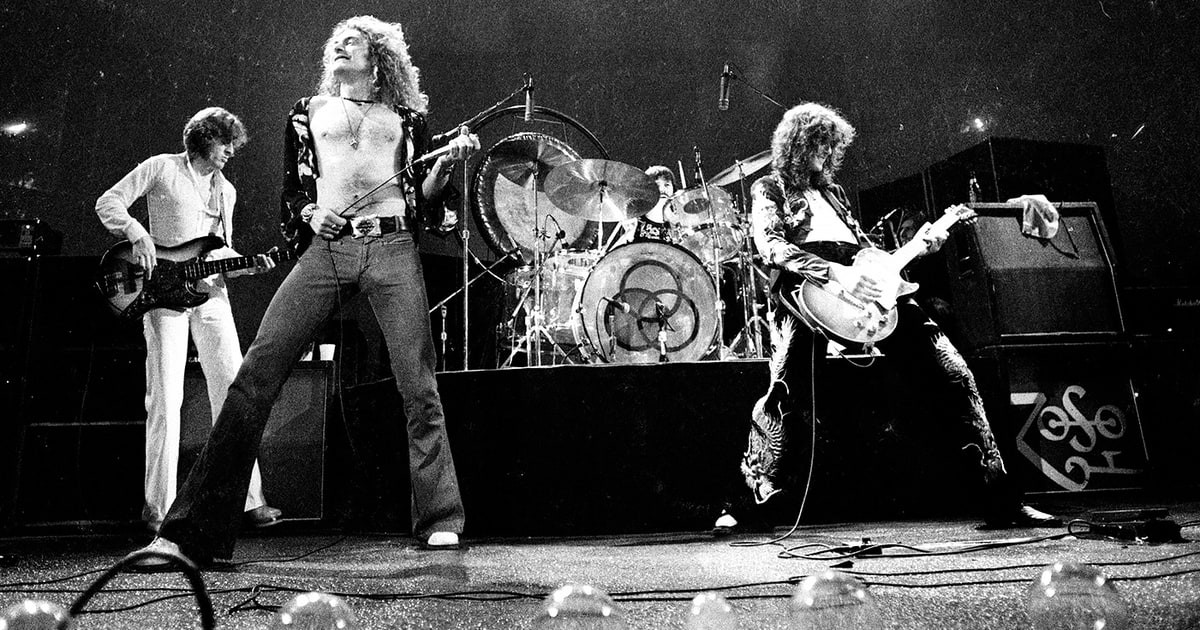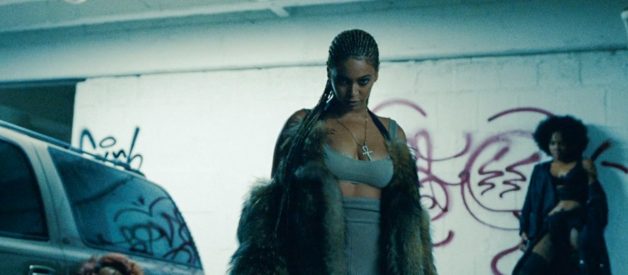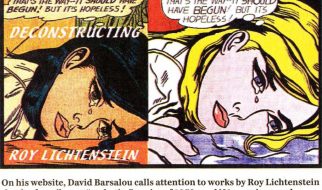
No one needs to be told that Lemonade is fantastic; a transcendent artist at her dizzying creative peak, existing on every meaningful emotional plane, lyrical and elegant and ferocious, teetering on the edge of excess, and fearlessly leaping off, only to land safely, in a clever bit of choreography, while never breaking a sweat, or singing off key.
What might be interesting to consider is that Lemonade also contains one of the best rock songs of recent years. ?Don?t Hurt Yourself? is, by virtue of its structure and mood and featured collaborators, undeniably a rock song. Does the assignment of genre even matter? That might be the question Beyonc is asking. Without question – this song is a fucking burner.
(Note: this video does not contain the entirety of the song that is represented on the audio version of the album; you?ll need to buy it or find it on Tidal. But you already bought it, right? Because it?s Lemonade.)
The fingerprints of rock and roll are all over this song; perhaps the most obvious is Beyonc?s primary collaborator, Jack White. Aside from contributing a fair bit of vocals to the track, White plays bass on the song; he also brings along Patrick Keeler on drums, who played in The Raconteurs, one of White?s myriad side projects. Keeler also contributed drums to ?That Black Bat Licorice? on White?s solo album Lazaretto, which offers an interesting comparison to ?Don?t Hurt Yourself.? Have a listen to ?That Black Bat Licorice? ? a totally wacky, totally fun song ? and you can hear similarities in Keeler?s stylings.
Listen closely to the bass drum in ?Black Bat? ? it sounds just like the bass drum on ?Don?t Hurt Yourself.? Dry, tight, an undeniable ?thud,? as opposed to a reverb-laden ?boom.? This is not an accident; it?s a couple of musicians asserting their style and sound onto a collaboration. And it?s undeniable that Jack White imprinted his sonic style onto ?Don?t Hurt Yourself.? The whole song sounds like it could be on a Dead Weather album, another of White?s side projects.
One final tidbit worth noticing about the White collaboration involves pronouns; you?ll notice that in ?Don?t Hurt Yourself,? he ascribes the female gender when referencing God ? ?Love God herself,? in the final line of the chorus. An exciting choice in and of itself, it?s also interesting because it?s not the first time White has made it. He made the very same distinction in ?Lazaretto,? the title song of his second solo album ? ?and even God herself has fewer plans than me,? he sings in the second verse. Whether this was the choice of White or of Queen Bey, we may never know. But this is the essence of artistic collaboration ? utilizing your medium to espouse a shared point of view.
Aside from collaborating with a modern rock maestro, Beyonc also references a classic rock giant. ?Don?t Hurt Yourself? contains a sample of ?When the Levee Breaks,? a seven-minute, grind-it-out jam by none other than Led Zeppelin.
It?s an interesting choice, for several reasons; first of all, when one samples Led Zeppelin, they are proudly proclaiming to their listeners that they are not, in fact, fucking around. With apologies to the Beatles and Insert Your Favorite Group Here, Led Zeppelin is the greatest rock band ever. They are the most formidable combination of terrifying skill and devastating rhythm ever assembled. Robert?s vocals soar over Jimmy?s irresistible riffing which floats on top of the two Johns, the filthiest drum-and-bass combo in history. They are the most talented, heaviest rock band ever. All you need to listen to is the first song off of their first album and you?ll know what I?m talking about. They are the rock and roll GOAT.

Perhaps more interesting than the choice itself is the thematic correlation between these two songs. ?When the Levee Breaks? begins with a warning ? ?If it keeps on raining, levee?s going to break,? sings Robert Plant. ?Don?t Hurt Yourself,? of course, concludes with a warning of its own ? ?If you try this shit again, you gon? lose your wife.? While Beyonc?s version can be characterized as a bit more intentionally direct, it?s not hard to connect the metaphorical dots. The choice of this song is not only a stylistic choice ? it?s a thematic one as well.
If you happened to read my previous piece about rock and roll, you?re aware of my contention that rock and roll is rooted in rebellion. If that contention is in any way true, it certainly applies to this song. ?Don?t Hurt Yourself? is full-on rebellion, emotional and stylistic. It is also a rebellion against the very notion of genre. The best artists defy genre; they laugh at it, at its inherently reductive nature. Think of some of the great artists of the last 50 years ? Queen, Bowie, Prince, Madonna, Beyonc ? assigning a genre to their catalog is futile. Genre exists for the sake of simplification, and classification, and ultimately, it is unnecessary.
Might we endeavor to move on from the constraints of genre in music? Can we utilize genre for discussion, but not for pithy oversimplification? Can we leap, like Beyonc, fearlessly into the unknown? I have the utmost confidence that we?ll land safely, in a clever bit of choreography, never breaking a sweat, or singing off key.
The Nerdy Stuff
Key Signature: A Minor
Leveraging Instability Dept.: Under the pre-chorus ? ?you just gotta let it be, let it be,? ? is an E7 chord. It?s the chord that?s intended to lead you to the primary chord of the song ? A minor. However, Beyonc does a terrific job of hanging onto this chord for a very long time as the the vocals build, perhaps even too long, making the listener desperate to hear the primary chord again. When we finally do, and the chorus begins, it is powerful and cathartic. This is an example of how songwriters can leverage harmony to enhance the emotional character of a song.


